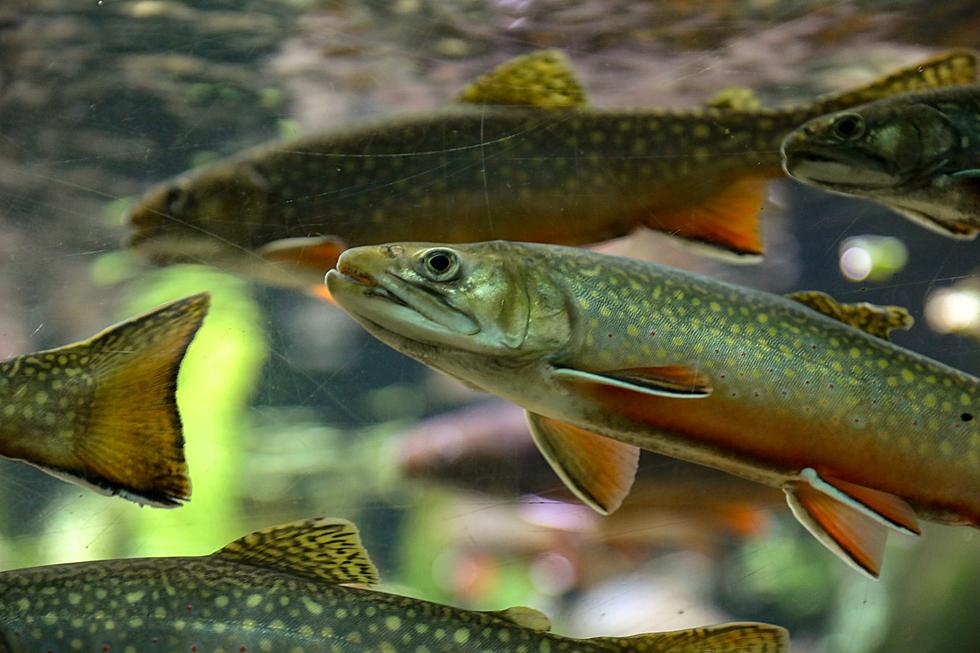
Are Trout Becoming Addicted to Meth?
As an angler, the hardest part of fishing is not just finding fish, but finding what they are eating. If you can pinpoint what the fish are gobbling up that day, your odds of landing a fish increase. Take fly fishing for example. This time of year we know that if the salmon fly hatch is happening, then reach in your fly box for a salmon fly. If you know fish have grasshoppers on their menu, tie on a grasshopper. But what if the fish you are searching for are addicted to meth? Do you have any small rocks with hooks in your fly box?
According to CNET.com
Household chemicals, medicines and prescription drugs can work their way through wastewater treatment facilities to contaminate rivers and streams, but the problem isn't limited to legal substances. New research shows illicit methamphetamines can wind up in the brains of fish, passing one of human society's ills further down the food chain.
Researchers studied the effects of meth on trout. They simply placed brown trout in a tank of water that had trace amounts of meth. The same trace amounts of meth that the researchers discovered in nearby rivers. The fish lived in that tank for nearly two months, before they were placed into a tank with fresh water. The trout were then offered the choice of clean water or meth water. They found the trout preferred the meth water and actively sought it out. They even began to show signs of withdrawal. Becoming sluggish and slow.
Scientist are now worried that the level of prescription drugs and illicit drugs that are seeping into our water ways, may have fish gravitating to areas where waste is dispersed. Meaning waste treatment plants may want to install public boat ramps for anglers. GROSS!
LOOK: Here Are 30 Foods That Are Poisonous to Dogs
KEEP READING: Here are 6 foods from your cookout that could harm your dog
More From 96.3 The Blaze









